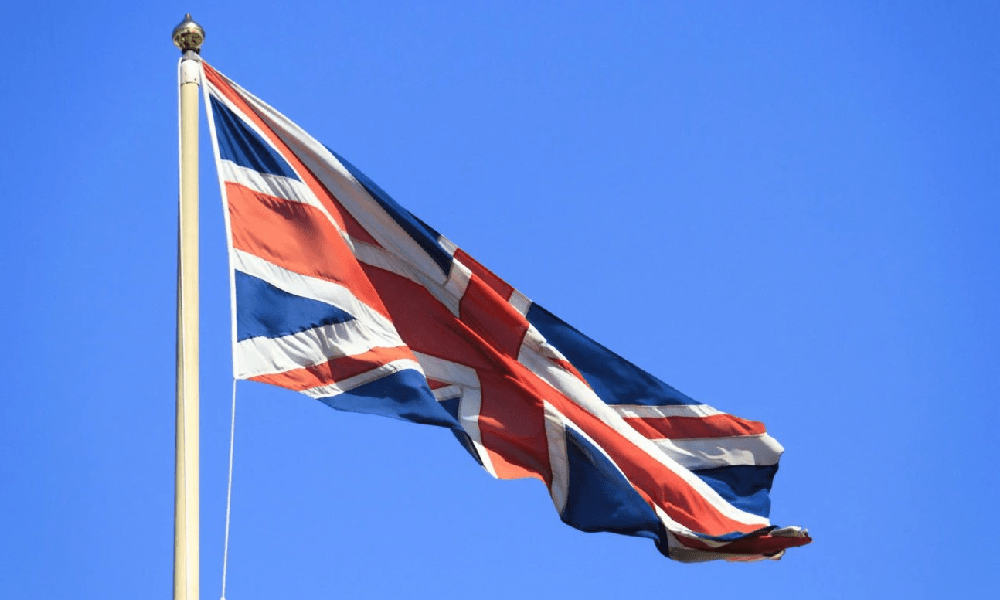The UK's provisional betting and gaming tax receipts for the six months ending 30 September increased by 11.0% year-on-year, going from £1.46bn to £1.62bn ($1.85bn/€1.88bn).
Located in Whitehall
Lottery Duty and Remote Gaming Duty are the two main contributors to this amount; the former accounts for 30% and the latter for 28%. Nevertheless, compared to the same period last year, both duties fell in absolute terms and as a proportion of the total.
In 2022, the data showed a lot of volatility from month to month. There was seasonal variation and, as pointed out by HRMC, there was less stability in the figures after the epidemic.
"Receipts across each quarter are now more representative and monthly receipts have been more unpredictable since the 2020-21 financial year," it stated.
Consequently, there was a wide variation in the figures. April alone brought in about £500 million, while the public coffers collected a meagre £93 million in September.
The decline in Remote Gaming Duty's total may be indicative of broader tendencies in online gaming. In their Q2 financial reports, numerous major operators revealed reduced UK revenue totals. They attributed this to factors such as tough comparables, decreased customer spending, and greater self-imposed consumer protections in anticipation of the UK gambling white paper.
Compared to last year at this time, these levies—which encompass Machine Games Duty, Gaming Duty, and Bingo Duty—have risen. This is probably because the COVID-19 pandemic did not close any retail betting outlets or casinos during the six months in issue, in contrast to other periods when these establishments were either restricted or closed. Revenue from these levies, however, is still significantly lower than it was before the outbreak.





















